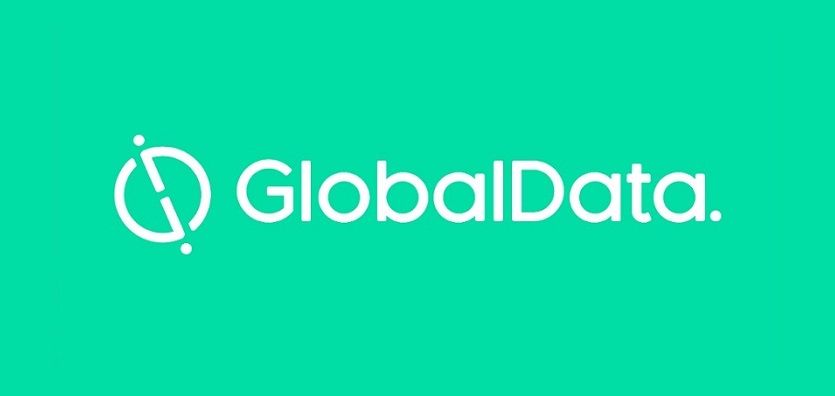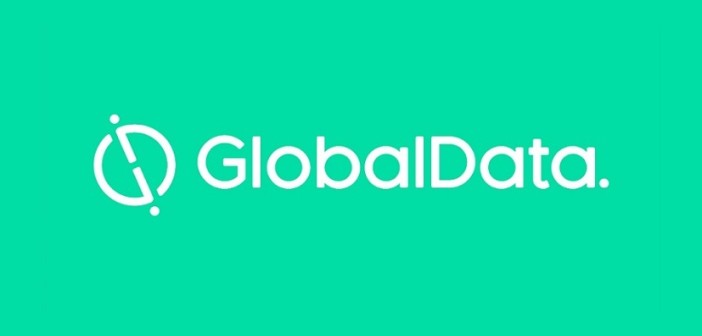
A new wave of low-code app platforms is leveraging artificial intelligence (AI) to increase efficiency and automate workflow controls, making this form of app development an important component in the application modernisation toolbox, according to GlobalData.
Charlotte Dunlap, Application Platforms Principal Analyst at GlobalData, says: “The low-code approach is more intuitive and addresses enterprises’ top concern for quickly delivering applications, which engage and retain customers by leveraging high-value cloud services including machine learning. Low-code application development platforms have refined their technology focus to play a greater role in supporting a DevOps model, which is built around the concept of automation for achieving continuous integration, continuous delivery (CI/CD).”
The application platforms and cloud native services marketplace is undergoing a significant and disruptive transformation. Complexities around the application modernization process have threatened to stall critical DevOps initiatives, prompting a need for more cognitive development platforms aimed at a broader audience.
Dunlap adds: “The next generation of low-code platforms is receiving unprecedented attention for its ability to address the application lifecycle, including speeding the process of app development, integration and automating workflow controls. Application platforms vendors have evolved their services to support microservices and serverless architectures, striving to support mission-critical apps. For the first time, low-code platforms have been equipped to tackle those advanced applications through improved performance, automation and security technologies.”
Mature integration, API management and the emergence of automated code development capabilities through AI have enabled the next wave of low-code solutions, originating from best-of-breed leaders Mendix, Appian, OutSystems, Microsoft and Salesforce, as well as newer entrants including Kony and Progress Software.
Dunlap continues: “Even industrial giants such as Siemens now see this category of application platforms as more accessible to customers in various verticals that lack professional internal development teams (as evident through its recent acquisition of Mendix).”
Vendors in this space have spurred this ecosystem-wide interest by leveraging OSS technologies to help customers easily access advanced machine learning technologies provided by leading public cloud providers such as Microsoft Azure, AWS, Google Cloud Platform and IBM Cloud.
Third-party technology partnerships further enhance low-code providers’ offerings to provide developers with sophisticated features such as video sharing and to access components that integrate with voice and chatbots to promote customer engagement.
Dunlap concludes: “AI’s mounting role in providing enterprises with a more comprehensive low-code solution advances the technology beyond frontend drag-and-drop app development models. Machine learning has significantly enhanced the experience for low-code users and savvy developers alike by monitoring what an app developer is trying to accomplish and flagging shortcuts and recommendations.
“Newer low-code platforms direct developers to value-add services or third-party components which can be leveraged to significantly reduce the complexity of backend data integration requirements. GlobalData expects an increase in low-code platforms supporting this trend in coming months. The move will pose a greater competitive threat to application platforms vendors, including MEAP and PaaS providers, which lack a low-code strategy.”





